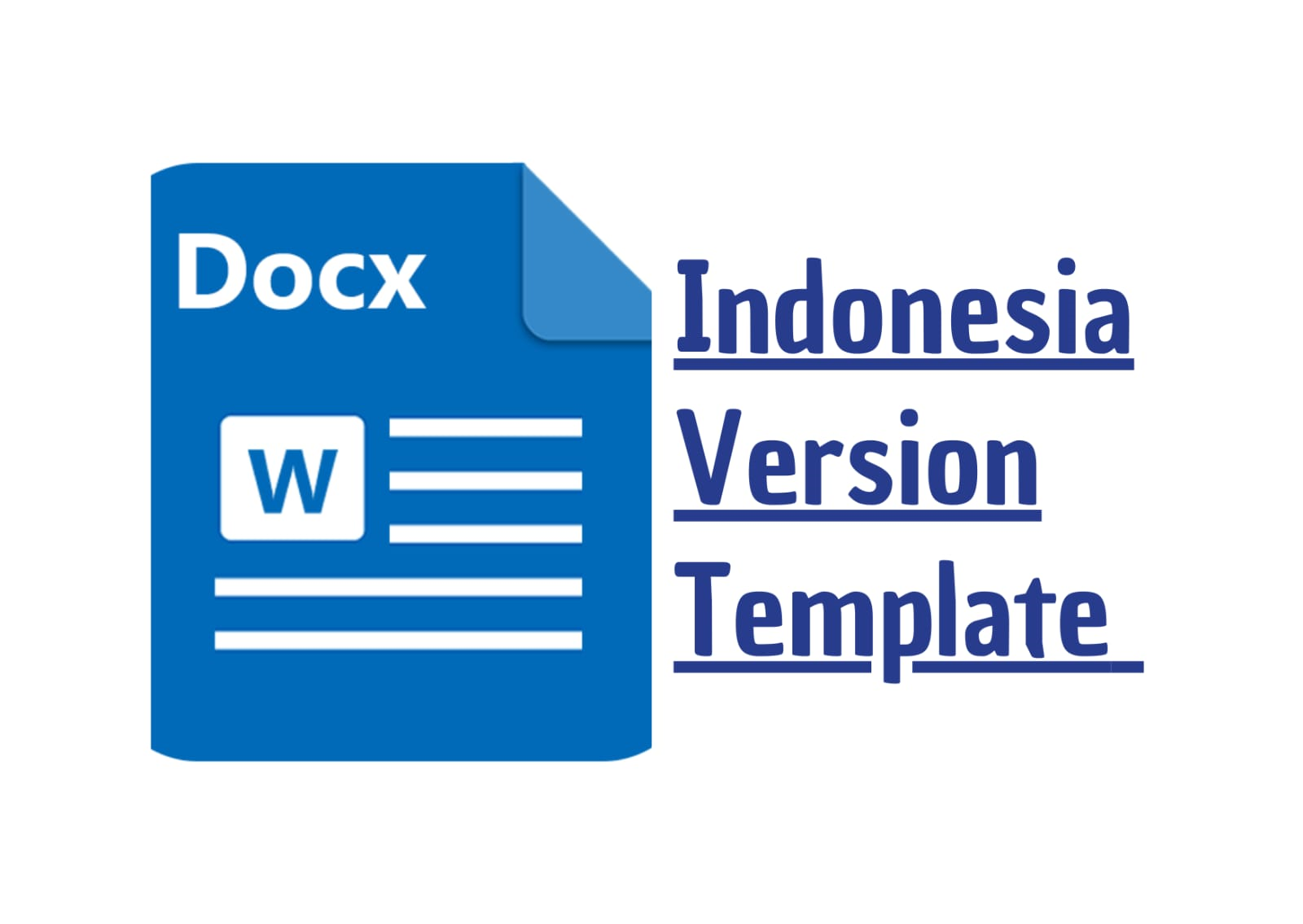Peran Wali Pemasyarakatan Dalam Meningkatkan Self Esteem Warga Binaan Kelas II A Kupang
Keywords:
Correctional Guardian, Mentoring, Self Esteem, Assisted CitizensAbstract
Indonesia is a country of law which aims to maintain and create security and order in the community. But what happened was that there were still many social problems that occurred so that they became entangled with the law and eventually ended up in prison as fostered citizens. When becoming a fostered citizen, it will have an impact on the passion of oneself and for others or in short that the decline of self-esteem. This condition requires assistance so that it can increase the self-esteem of the assisted residents and the one who plays a role in this situation is the Correctional Guardian. The purpose of this study is to describe and analyze the role of Correctional Guardian assistance, forms of assistance and relevant methods in increasing the self-esteem of assisted residents. This type of research is qualitative research, a phenomonological approach. The results of the study found that there was an increase in self-esteem from the assisted residents after assistance was carried out by the Correctional Guardian. The forms of mentoring carried out are personality coaching including spiritual coaching, health and education and independence coaching in the form of interests and talents or skills. The relevant methods used in mentoring are involving assisted residents in the work of the Correctional Guardian, designing work programs and being entrusted with leadership. Then make clothes with constructive writing, make pictures and posters that direct the eyes of the fostered citizens in a direction that builds, restores and is motivated.
Downloads
References
Anggit, F., & Ni P Ariani. (2017). Tingkat Stres dan Harga Diri Narapidana Wanita Di Lembaga Pemasyarakatan Kelas II A Kota Bogor. Jurnal Riset Kesehatan, 9(2), 26–33.
Anindyajati, M., & Karima, C. M. (2014). Peran Harga Diri Terhadap Asertivitas Remaja Penyalahguna Narkoba (Penelitian Pada Remaja Penyalahguna Narkoba di Tempat-Tempat Rehabilitasi Penyalahguna Narkoba). Jurnal Psikologi, 2(1), 49–73.
Brown, D. J., & Zeigler-Hill, V. (2017). Self-Esteem. In The Self at Work (pp. 40–71). Routledge. https://doi.org/10.4324/9781315626543-3
Fakhrah, F., & Purnamaningsih, E. H. (2020). Program Aktif (Aku Positif) untuk Meningkatkan Harga Diri Menjelang Masa Bebas pada Anak Didik di Lembaga Pembinaan Khusus Anak (LPKA). Gadjah Mada Journal of Professional Psychology (GamaJPP), 6(1), 107. https://doi.org/10.22146/gamajpp.55364
Handayani, E. S., Haryadi, R., Ridhani, A. R., & Fauzi, Z. (2020). Pelatihan Peningkatan Self Concept dan Self Acceptance pada Warga Binaan di LP Perempuan kelas II A Martapura. Jurnal Pengabdian Al-Ikhlas, 6(1), 108–117. https://doi.org/10.31602/jpaiuniska.v6i1.3371
Hastuti, F. A. (2018). Pengaruh social comparison dan self esteem terhadap body dissatisfaction pada mahasiswi UIN Maulana Malik Ibrahim Malang.
Hidayati, N. O., & Sutini, T. (2017). Gambaran Tingkat Harga Diri Warga Binaan Perempuan Di Lembaga Pemasyarakatan Wanita Klas IIA Bandung. Jurnal Keperawatan BSI, 5(1), 1–7. https://doi.org/10.31311/.V5I1.1773
Jazuli, A. (2021). Pembentukan Satuan Kerja Baru Pemasyarakatan sebagai Solusi Alternatif Mengatasi Overcrowded. Jurnal Ilmiah Kebijakan Hukum, 15(1), 1. https://doi.org/10.30641/kebijakan.2021.v15.1-16
Koswanto, A. (2020). Pendampingan Pastoral Bagi Narapidana Yang Akan Berakhir Masa Tahanan (Tinjauan Aspek Sosial). VOX DEI: Jurnal Teologi Dan Pastoral, 1(2), 160–173. https://doi.org/10.46408/vxd.v1i2.37
Kusumaningsih, L. P. S. (2017). Penerimaan Diri Dan Kecemasan Terhadap Status Narapidana. Intuisi : Jurnal Psikologi Ilmiah, 9(3), 234–242.
Manurung, I., Amperaningsih, Y., & Kohir, D. S. (2022). Terapi Kelompok Peningkatan kemampuan Interaksi Sosial pada Warga Binaan Lembaga Pemasyarakatan di Bandar lampung. Sakai Sambayan: Jurnal Pengabdian Kepada Msyarakat, 4(3), 168–172. https://doi.org/10.23960/jss.v4i3.202
Paat, A. N. (2021). Pendampingan Pastoral Terhadap Penyesuaian Diri Mahaswa Iakn Kupang Dalam Menghadapi Pandemi Covid-19. Voice of Wesley: Jurnal Ilmiah Musik Dan Agama, 4(1), 34–53. https://doi.org/10.36972/jvow.v4i1.79
Prawesti, F. S., & Dewi, D. K. (2016). Self Esteem dan Self Disclosure Pada Mahasiswa Psikologi Pengguna Blackberry Messenger. Jurnal Psikologi Teori Dan Terapan, 7(1), 1. https://doi.org/10.26740/jptt.v7n1.p1-8
Refnadi, R. (2018). Konsep self-esteem serta implikasinya pada siswa. Jurnal EDUCATIO: Jurnal Pendidikan Indonesia, 4(1), 16. https://doi.org/10.29210/120182133
Rini, R., Sitompul, A., Ubro, I. D., Benyamin, P. I., & Runesi, A. (2019). Bentuk Pendampingan Pastoral untuk Anak Kecanduan Gadget. Matheo : Jurnal Teologi/Kependetaan, 9(2), 1–18.
Sinamo, A. (2020). “Analisis Pelayanan Fungsi Pendampingan Pastoral Di Gkppd Liang Jering Resort Aceh Tenggara Tahun 2019.” Areopagus : Jurnal Pendidikan Dan Teologi Kristen, 18(2), 111–120. https://doi.org/10.46965/ja.v18i2.336
So’langi’, K., Nugoho, F. J., Yuono, Y. R., Budhianto, C., & Daryanto. (2021). Pelayanan Pastoral bagi Kaum Lesbian, Gay, Bisexual, dan Transgender di Gereja Jemaat Kristen Indonesia Oikos Pelangi Kasih Semarang. DIEGESIS: Jurnal Teologi Kharismatika, 4(1), 40–51. https://doi.org/10.53547/diegesis.v4i1.54
Sugiyono. (2014). Penelitian Pendekatan Kualitatif, Kualitatif dan R&d.
Uspessy, H. T., & Engel, J. D. (2019). Mima Para Tarpolarda: falsafah komunitas lokal sebagai pendampingan dan konseling kedukaan di Warjukur-Maluku. Counsellia: Jurnal Bimbingan Dan Konseling, 9(2), 137. https://doi.org/10.25273/counsellia.v9i2.5200
Widiatama, W., Mahmud, H., & Suparwi, S. (2020). Ideologi Pancasila Sebagai Dasar Membangun Negara Hukum Indonesia. JURNAL USM LAW REVIEW, 3(2), 310. https://doi.org/10.26623/julr.v3i2.2774
Wulan, A. P. N., & Ediati, A. (2019). Hubungan Antara Penerimaan Diri dengan Kecemasan Pada Warga Pemasyarakatan Wanita Kasus Narkotika di Kalimantan Timur. Jurnal EMPATI, 8(1), 173–184. https://doi.org/10.14710/EMPATI.2019.23592
Downloads
Published
How to Cite
Issue
Section
License
Copyright (c) 2022 Melkianus Mone Mangngi, Ezra Tari, Nelman A. Weny

This work is licensed under a Creative Commons Attribution 4.0 International License.




















